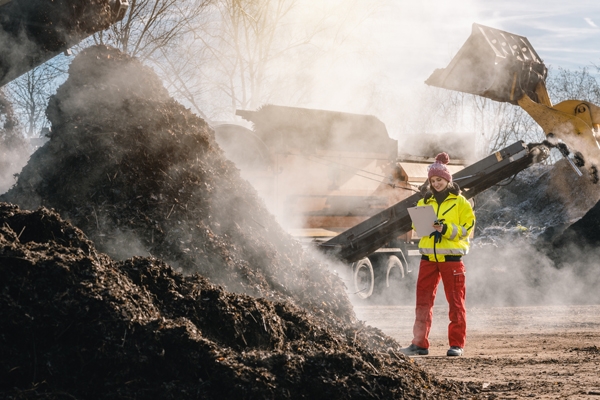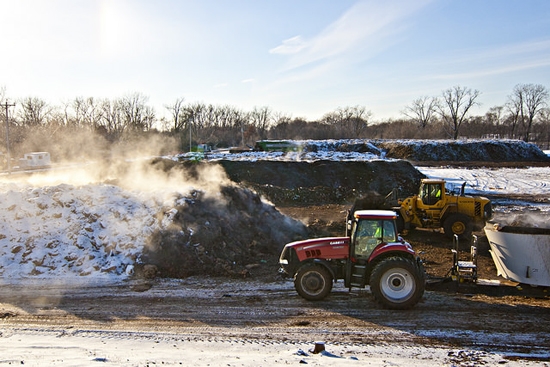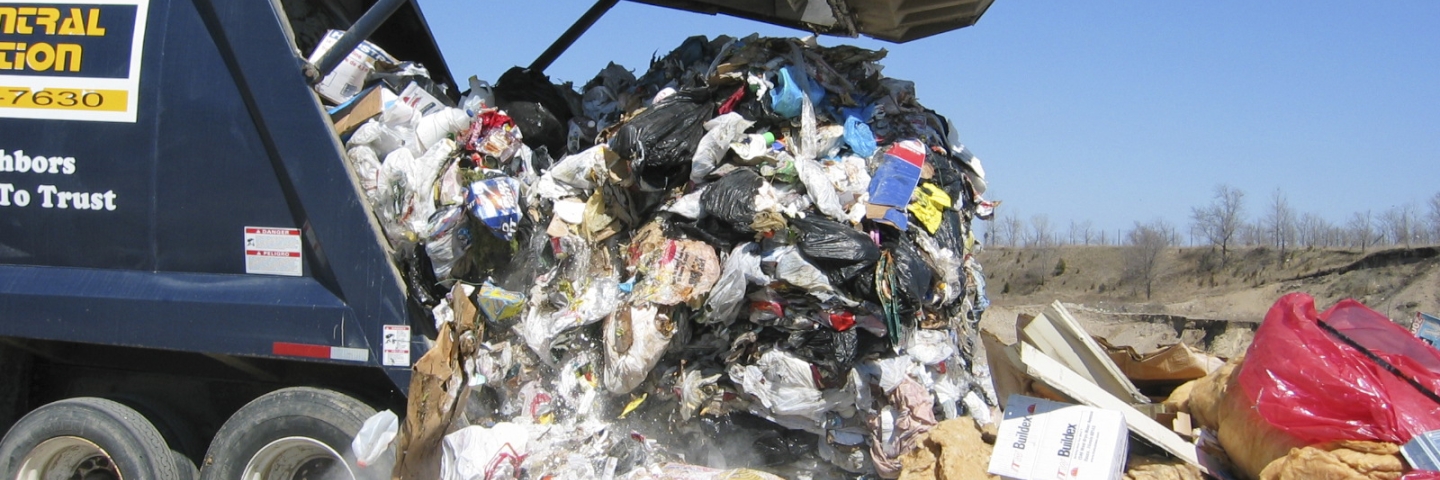We generate a lot of trash. In fact, collectively, we generate almost 3.3 million tons of waste in the Twin Cities each year. The amount of garbage going to our metro landfills has increased by more than 30% in just one year. At the current rate, those landfills are going to run out of space.
Trash in landfills releases harmful pollution into our air, land, and water. When organic waste like food is thrown away, it releases methane, a powerful greenhouse gas that contributes to climate change. We need innovative solutions to continue to protect the health and environment of communities in the Twin Cities.

Our plan to address the problem
The MPCA believes we need both short- and long-term solutions to the metro’s waste management challenges. To guide this work, our agency has developed the Metropolitan Solid Waste Policy Plan 2022–2042. This plan will guide how we manage waste in the seven-county metro area for the next 20 years. The MPCA received over 200 comments on this plan to create a final version that reflects the best path forward for residents, businesses, and local governments.

Understanding waste management
The MPCA works with industry, government, and residents to reduce and manage waste. Our approach prioritizes waste reduction, reuse, recycling, and organics recycling above garbage burning or disposal in landfills, which preclude further use of the materials.
We seek to minimize the environmental impacts of materials over their lifecycles through a focus on product design, raw material extraction, production, use and reuse, and disposal.
What can I do to help reduce the waste challenges facing our region?
Reduce and refuse
- Buy durable goods that last longer instead of disposable items.
- Be a conscious consumer: can you rent an item rather than purchasing it? Consider the packaging involved in every purchase you make.
- Be mindful when grocery shopping — purchase only what you can eat and eat leftovers instead of tossing them.
Reuse
- Purchase used goods when possible and donate old items. Host a clothing or book swap party rather than throwing away old items.
- Repair items rather than throwing them away. Many people take advantage of online “how to” videos to restore old furniture, clothing, and other items.
Recycle
- Recycle, recycle, recycle.
- Recycle organics, and compost food scraps, paper goods, and other compostables.
